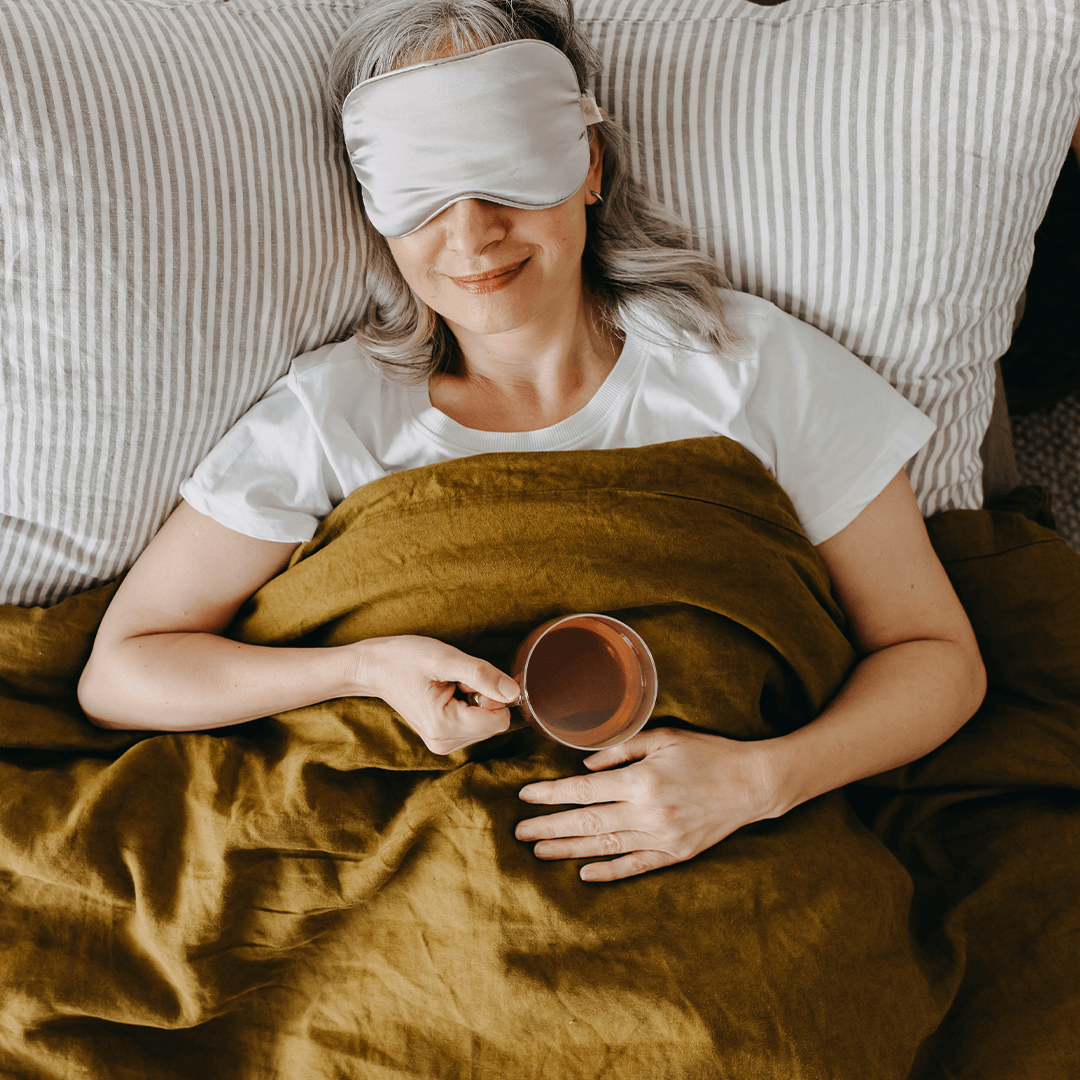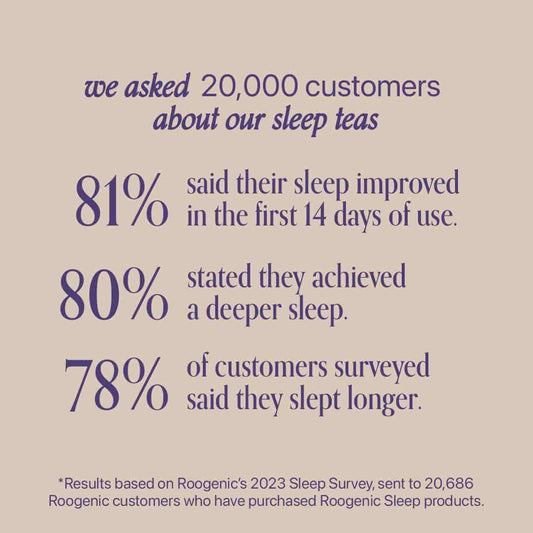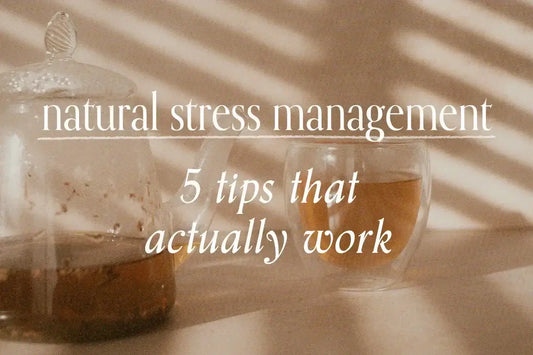Read on for insights on how to achieve a deeper sleep:
What is deep sleep?
Deep sleep, also known as slow-wave sleep, is a stage of sleep that occurs during the sleep cycle. It is characterized by slower brain waves and a decreased level of responsiveness to external stimuli. During deep sleep, the body is in a state of relaxation and the muscles are relaxed. Deep sleep is important for physical and emotional well-being, as it helps to repair and restore the body and mind. It is also thought to play a role in memory consolidation and the regulation of mood and emotions. Deep sleep typically occurs during the first half of the night and is followed by a lighter stage of sleep known as REM (rapid eye movement) sleep.
Why is Deep Sleep important?
Deep sleep is important for several reasons. It helps to:
- Repair and restore the body: During deep sleep, the body releases growth hormone, which promotes tissue growth and repair. This can help to repair damage caused by stress, ultraviolet rays, and other harmful exposures.
- Consolidate memories: Deep sleep is thought to play a role in memory consolidation, which is the process of strengthening and stabilizing new memories.
- Regulate mood and emotions: Deep sleep is believed to help regulate mood and emotions by helping to balance levels of neurotransmitters such as serotonin and dopamine, which are involved in mood and emotions.
- Improve cognitive function: Research suggests that deep sleep may help to improve cognitive function, including memory, learning, and problem-solving abilities.
Overall, deep sleep is important for physical and emotional well-being. It helps to repair and restore the body and mind, and is believed to play a role in memory consolidation and the regulation of mood and emotions.
Check-in: Are you getting enough deep sleep?
There are a few signs that you may be getting enough deep sleep:
- You wake up feeling refreshed and alert: If you wake up feeling rested and ready to start the day, it may be a sign that you are getting enough deep sleep.
- You are not excessively tired during the day: If you are consistently feeling tired or drowsy during the day, it may be a sign that you are not getting enough deep sleep.
- You have a regular sleep pattern: If you go to bed and wake up around the same time every day, it may be a sign that you are getting enough deep sleep.
- You are not experiencing sleep disorders: If you are not experiencing sleep disorders such as insomnia or sleep apnea, it may be a sign that you are getting enough deep sleep.
However, the most accurate way to determine whether you are getting enough deep sleep is to use a sleep tracking device or app that can monitor your sleep stages. These devices use sensors to track your sleep patterns and can provide information on the amount of deep sleep you are getting each night.
Our tips on getting a deep sleep
There are several things you can do to help promote deep sleep:
- Establish a consistent sleep schedule: Going to bed and waking up at the same time every day can help regulate your body's sleep-wake cycle and promote deep sleep.
- Create a sleep-friendly environment: A cool, dark, and quiet bedroom can help create the ideal conditions for sleep.
- Avoid stimulating activities before bed: Engaging in activities that stimulate the brain, such as watching TV or using electronic devices, can make it harder to fall asleep. Instead, try relaxing activities such as reading or taking a warm bath before bed.
- Exercise regularly: Regular physical activity can help improve sleep quality and promote deep sleep. Just be sure to avoid vigorous exercise close to bedtime, as it may make it harder to fall asleep.
- Eat a healthy diet: A diet rich in fruits, vegetables, and whole grains and low in sugar and processed foods may help improve sleep quality.
- Avoid alcohol and caffeine: These substances can disrupt sleep, so it's best to avoid them close to bedtime.
- Consider natural sleep aids: Some people find that natural remedies such as melatonin, valerian root, and chamomile tea can help promote deep sleep. However, it's always a good idea to speak with a healthcare provider before taking any supplement.
Remember, everyone is different and what works for one person may not work for another. It may take some trial and error to find what works best for you.
Looking for sleep support? Try a sleep tea or powder to nightly support a deeper, more restorative sleep.










